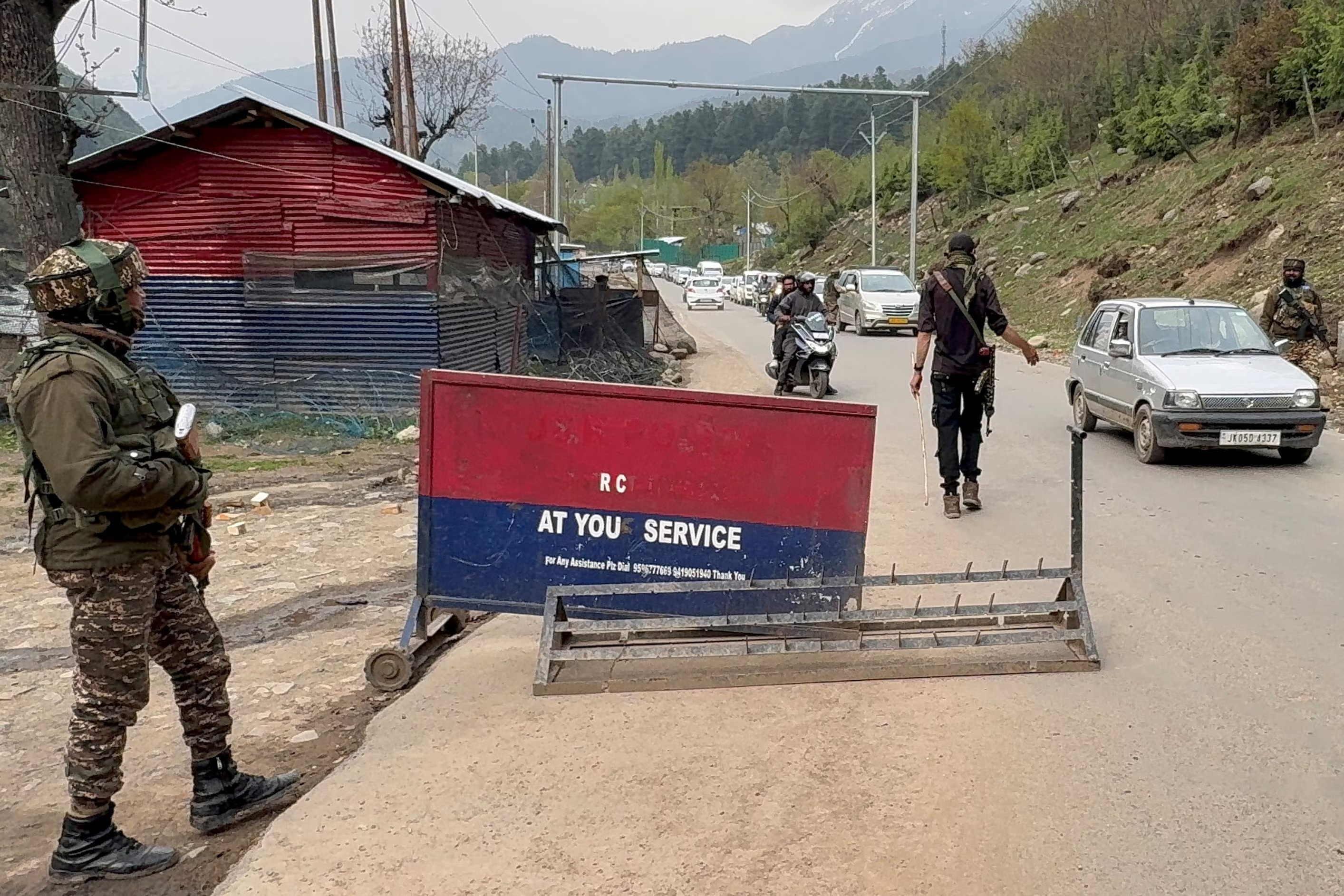
In the wake of the devastating terrorist attack in Pahalgam, South Kashmir, which claimed 26 lives, the Indian government has initiated a series of stringent diplomatic and security measures. Among these is the directive for Pakistani nationals to exit the country within 48 hours, leading to a significant movement through the Attari-Wagah border crossing.
On April 22, 2025, militants targeted tourists in the Baisaran Valley of Pahalgam, resulting in the deaths of 25 Indian citizens and one Nepalese national. The attack, claimed by the group “Kashmir Resistance,” is considered the deadliest civilian assault in India since the 2008 Mumbai attacks. In response, India has accused Pakistan of supporting cross-border terrorism, a claim that Pakistan denies.
Following the attack, the Indian government expelled Pakistani military attaches, suspended the 1960 Indus Waters Treaty, and closed the Attari integrated check post. These measures aim to underscore India’s stance against terrorism and its alleged support from neighboring territories.
Foreign Secretary Vikram Misri announced the cancellation of all SAARC Visa Exemption Scheme (SVES) visas previously issued to Pakistani nationals. Consequently, Pakistani citizens in India under this scheme were given 48 hours to leave the country. On April 24, numerous Pakistani families arrived at the Attari-Wagah border to comply with the directive.
One family from Karachi, who had been visiting relatives in Delhi since April 15, expressed their desire for peace and condemned the attack. “Whosoever has done it is completely wrong. We want mutual brotherhood and friendship between the two nations,” a family member stated. Another visitor, Mansoor, who had a 90-day visa, echoed similar sentiments, emphasizing that such incidents should never occur.
The closure of the Attari border has also impacted Indian citizens planning to travel to Pakistan. A family from Gujarat, intending to visit relatives in Karachi, found themselves unable to proceed due to the sudden border closure. Similarly, two men from Rajasthan, unaware of the new restrictions, arrived in Amritsar only to discover the transit facility’s shutdown.
These developments have led to a significant strain on India-Pakistan relations, with both nations recalling diplomats and suspending key bilateral agreements. The international community watches closely as tensions escalate, hoping for a resolution that ensures regional stability and the safety of civilians on both sides.


